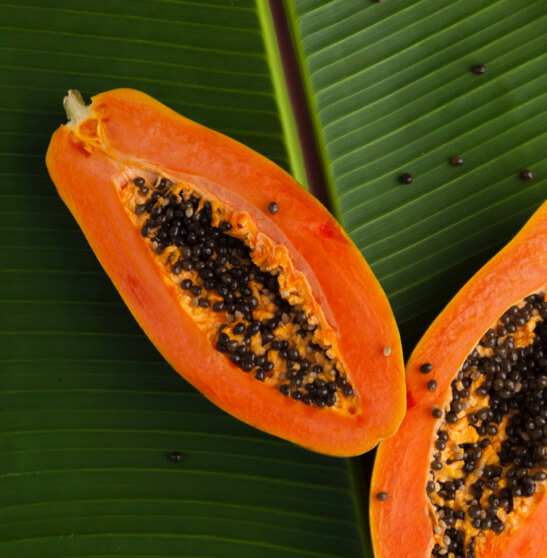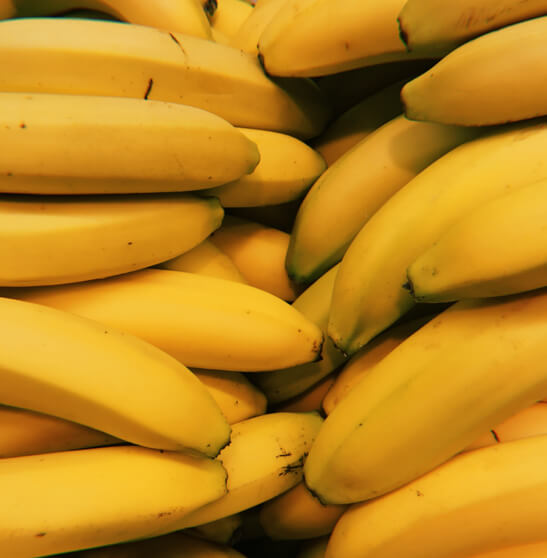Why is something that tastes so good so bad?
Sugar is a staple in many people’s diets, but it is also one of the most harmful substances we consume. Refined sugar provides empty calories and is linked to a wide range of health problems, including obesity, type 2 diabetes, heart disease, and more. Despite its negative effects, sugar is addictive and difficult to eliminate from our diets. However, the benefits of cutting back on or eliminating refined sugar are numerous and can greatly improve our overall health and well-being. In this blog, we will discuss seven reasons why removing refined sugar from your diet is an important step towards a healthier lifestyle.
We are addicted to sugar because it activates the pleasure centres in our brain and releases dopamine, which is a feel-good hormone. This creates a temporary state of happiness and reward, leading us to crave more sugar and causing us to consume it in excess. Additionally, sugar has been shown to alter brain chemistry and disrupt the balance of hormones that regulate hunger and satiety, leading to overeating and weight gain. The regular consumption of sugar leads to tolerance, where our bodies require more and more to get the same pleasure-reward response, perpetuating the cycle of addiction. In short, sugar addiction is a combination of the brain’s pleasure response, hormonal imbalances, and tolerance.
Benefits of removing sugar from our diet.
-
Improves overall health: Refined sugar can lead to a range of health problems, including obesity, type 2 diabetes, heart disease, and tooth decay.
-
Boosts energy levels: By reducing sugar intake, you can stabilize blood sugar levels, which can help increase energy levels.
-
Supports weight loss: Refined sugar is high in calories and provides no nutritional value, leading to weight gain. Eliminating it from your diet can help you lose weight.
-
Improves mental clarity: Sugar can affect brain function and cause mood swings, anxiety, and depression. Cutting back on sugar can help improve your mental clarity and mood.
-
Supports gut health: Sugar can feed harmful bacteria in the gut, leading to digestive problems such as bloating, constipation, and diarrhea. Reducing sugar can support gut health and improve digestion.
-
Strengthens immune system: High sugar consumption can weaken the immune system, making it harder for the body to fight off infections and diseases.
-
Promotes healthier skin: Refined sugar can increase insulin levels and trigger inflammation, leading to wrinkles, fine lines, and acne. By reducing sugar, you can promote healthier skin and a youthful appearance.


How do I know where the sugar is hiding?
There are many alternative names for sugar and new ones may be created over time. It’s estimated that there are over 60 different names for sugar used in food and beverage ingredient lists. Some common alternative names include:
- High-fructose corn syrup
- Dextrose
- Glucose
- Maltose
- Honey
- Maple syrup
- Agave nectar
- Molasses
- Cane juice crystals
- Fruit juice concentrate
It’s important to note that while these alternative names may sound healthier, they are still forms of added sugars and should be consumed in moderation. When reading food labels, be sure to look for any added sugars and be aware of their many different names. The use of different names for sugar can make it difficult to determine the amount of added sugars in a product and make it harder to limit your sugar intake. It’s important to be vigilant and to look for any added sugars, regardless of what they may be called when reading food labels.
Consider switching to whole, unprocessed foods as much as possible, such as fruits, vegetables, and meat from your butcher rather than processed deli meats. This can help reduce your exposure to added sugars and improve your overall health and well-being. Try to prepare meals at home as much as possible, as this allows you to control the ingredients and the amount of sugar used in your food. By being mindful of sugar in processed foods and making simple changes, you can greatly reduce your sugar intake and improve your health.
Fruits and vegetables contain natural sugars, some varieties contain higher levels of sugar than others. Here are some examples of fruits and vegetables that are relatively high in sugar that should be limited in your diet if you are concerned about insulin resistance:
Fruits:
- Grapes
- Bananas
- Pineapple
- Mango
- Papaya
- Dried fruits such as raisins, dates, and apricots
Vegetables:
- Carrots
- Beets
- Sweet potatoes
- Corn
- Squash
- Peas
It’s important to note that even though these fruits and vegetables are relatively high in sugar, they still provide important vitamins, minerals, and fibre and should be included in a balanced diet. However, it’s also important to limit or avoid processed foods and drinks that contain added sugars. By focusing on whole, unprocessed foods and limiting added sugars, you can maintain a healthy and balanced diet.
